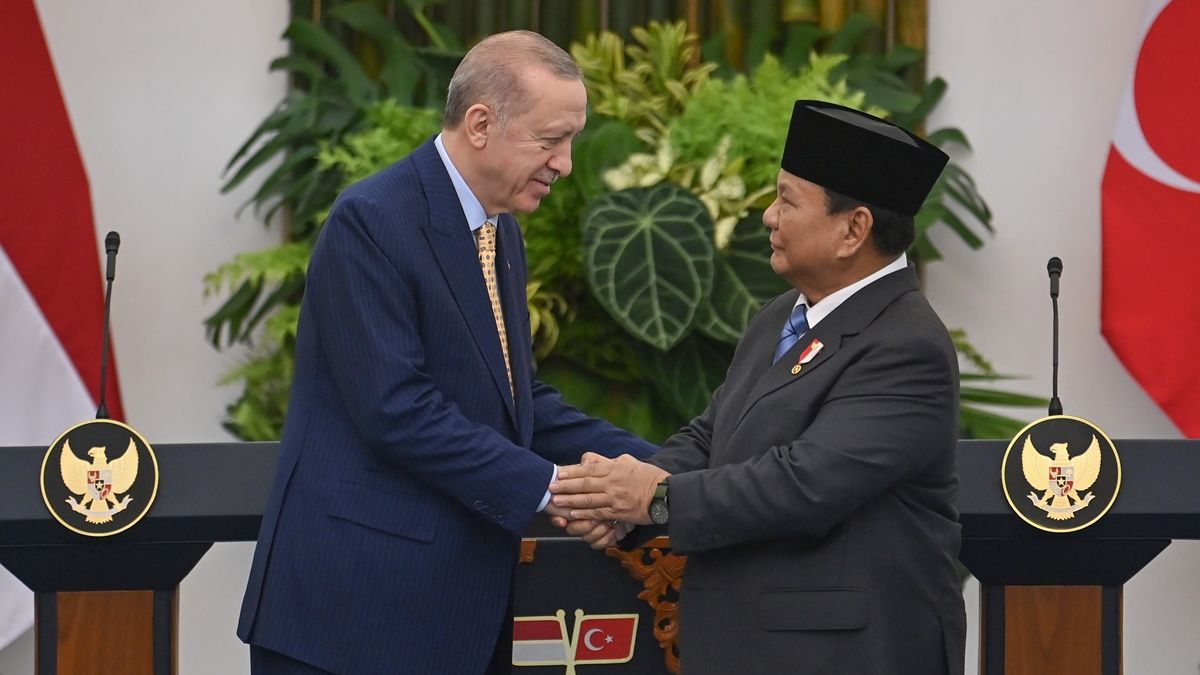Celebrity Traitors: BBC Faces Star Departures

Table of Contents
Financial Disputes and Contract Negotiations
The root of many departures seems to stem from financial disagreements and challenging contract negotiations. The BBC, a publicly funded broadcaster, faces inherent budgetary constraints that are increasingly clashing with the market value of its top talent.
Salary Discrepancies and Pay Cuts
Reports of salary disputes between the BBC and its talent are surfacing frequently. Many presenters feel underpaid compared to their market value, especially when considering their contributions and the immense reach of their programs. This issue is further complicated by potential gender pay gap concerns, with female presenters reportedly experiencing disproportionate underpayment.
- Examples: While specific figures remain confidential due to contractual obligations, rumours abound regarding several high-profile news anchors and entertainment personalities who felt their contributions weren't adequately compensated. Further investigation is needed to uncover the full extent of these discrepancies.
- Gender Pay Gap: The ongoing debate surrounding gender pay equality within the BBC adds another layer of complexity to these salary negotiations, further fueling the exodus of talent seeking fairer compensation elsewhere.
- Relevant News Articles: [Insert links to relevant news articles discussing BBC salary disputes here].
Contract Renewals and Unfavorable Terms
Contract renewals have also become a significant source of tension. Established stars often find themselves facing unfavorable terms, leading them to seek opportunities that better reflect their value and ambitions.
- Unacceptable Contracts: Several instances have emerged where contracts were not renewed or were deemed unacceptable by high-profile presenters, leading to their departure. The specifics of these contracts often remain confidential, but reports suggest disagreements over creative control, exclusivity clauses, and overall compensation packages.
- Streaming Service Pressure: The rise of lucrative offers from streaming services like Netflix and Amazon Prime Video adds another layer of complexity. These platforms often offer significantly higher salaries and greater creative freedom, making them attractive alternatives to the BBC’s established structure.
Creative Differences and Editorial Control
Beyond financial issues, creative differences and a perceived lack of editorial control are also contributing to the exodus.
Clashing Visions and Programming Choices
Differing visions between presenters and BBC executives regarding programming choices have been cited as another factor driving talent away. Specific examples of programming decisions that alienated talent remain largely undocumented due to confidentiality agreements. However, sources suggest internal conflicts over program direction and content have played a significant role in various departures.
- Program Changes: Anecdotal evidence suggests clashes between creative vision and managerial decisions have resulted in high-profile presenters seeking new opportunities that offer more creative control and alignment with their personal brand.
- Differing Opinions: The BBC's established editorial guidelines, while intended to maintain impartiality and quality, are occasionally perceived as restrictive by some presenters seeking greater flexibility in their work.
Lack of Autonomy and Creative Freedom
Many presenters feel stifled by the BBC’s sometimes rigid editorial guidelines. This lack of autonomy and creative freedom pushes them to seek environments that offer greater control over their work.
- Desire for Autonomy: The allure of independent production companies and the freedom they offer is proving irresistible to many high-profile presenters seeking greater creative control and the ability to shape their projects.
- Independent Production: The growing trend of independent production provides an alternative pathway for talented presenters and actors to maintain their creative vision and entrepreneurial goals, while potentially accessing superior compensation packages.
The Rise of Streaming Services and Competition
The emergence of powerful streaming services is undeniably reshaping the broadcasting landscape, adding pressure on the BBC’s ability to retain its top talent.
Attractive Offers from Streaming Platforms
Streaming giants like Netflix, Amazon Prime Video, and Disney+ are aggressively courting established BBC talent with lucrative offers, providing a significant alternative to the public broadcaster.
- Examples of Defections: Several high-profile names have already made the jump to streaming platforms, citing better compensation and increased creative freedom as motivating factors. Specific examples are often kept confidential, but the overall trend is clear.
- Salary and Freedom Comparisons: Streaming services often offer significantly higher salaries and greater creative autonomy, presenting a compelling proposition for many established BBC stars.
Changing Viewership Habits and the Fight for Talent
The shift in viewing habits towards streaming platforms is further impacting the BBC’s ability to compete. Declining viewership of traditional broadcasting means less revenue, placing further pressure on the BBC's ability to compete with the generous offers from streaming services.
- Declining Viewership Statistics: [Insert relevant statistics regarding declining viewership of traditional television here]
- Competitive Landscape: The fight for high-profile talent is intensifying, as streaming platforms aggressively compete for the same pool of skilled presenters and actors.
Conclusion
The exodus of "Celebrity Traitors BBC" represents a significant challenge for the broadcaster. Financial disagreements, creative differences, and the allure of streaming services are all contributing to this ongoing drama. The BBC needs to adapt quickly and strategically to remain competitive and retain its top talent. Failure to do so may result in further losses and a significant alteration of its on-air image and programming.
Call to Action: The future of the BBC depends on its ability to address the concerns of its stars and adapt to the evolving media landscape. Stay tuned for further updates on this developing story of Celebrity Traitors BBC, and follow our coverage to understand the implications for British broadcasting. We will continue to provide in-depth analysis of the "Celebrity Traitors BBC" situation and its impact on the future of British television.

Featured Posts
-
 Boulangerie Normande Un Bebe Son Poids En Chocolat
May 02, 2025
Boulangerie Normande Un Bebe Son Poids En Chocolat
May 02, 2025 -
 Duponts Masterclass Frances Victory Over Italy At The 11th Conduct
May 02, 2025
Duponts Masterclass Frances Victory Over Italy At The 11th Conduct
May 02, 2025 -
 Fortnite Item Shop Update Easier Navigation For Players
May 02, 2025
Fortnite Item Shop Update Easier Navigation For Players
May 02, 2025 -
 Hasil Pertemuan Presiden Erdogan Dan Indonesia 13 Kesepakatan Kerja Sama
May 02, 2025
Hasil Pertemuan Presiden Erdogan Dan Indonesia 13 Kesepakatan Kerja Sama
May 02, 2025 -
 6 9 300 5
May 02, 2025
6 9 300 5
May 02, 2025
